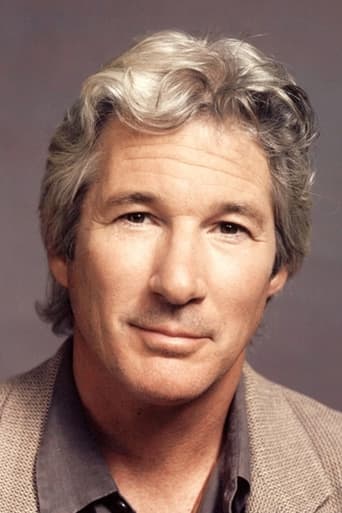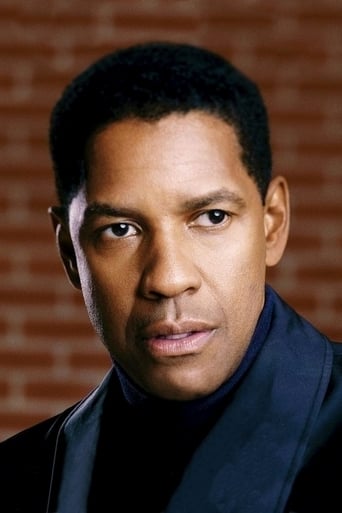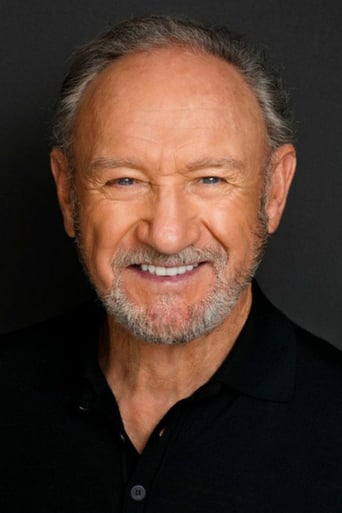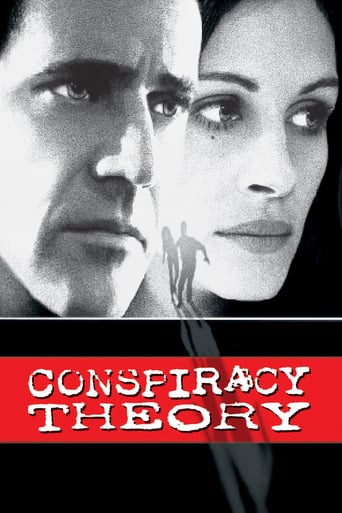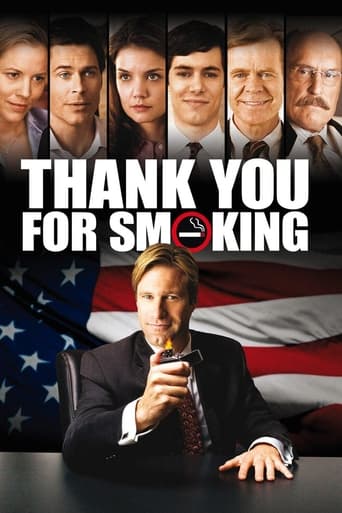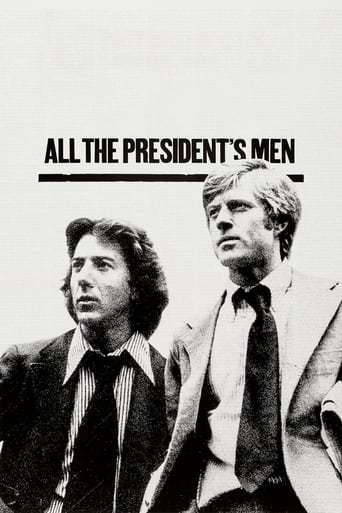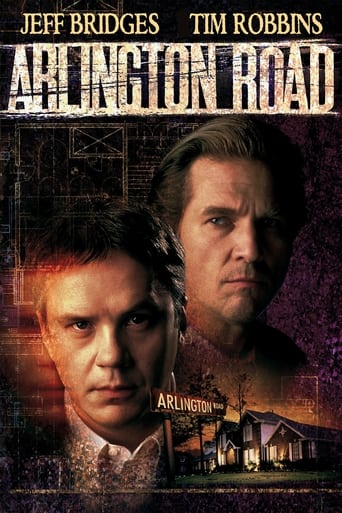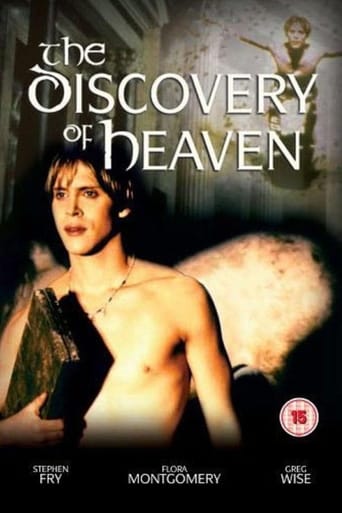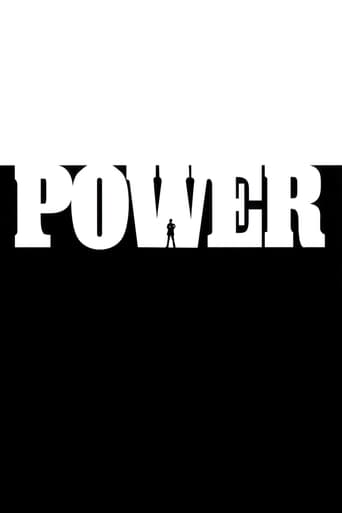
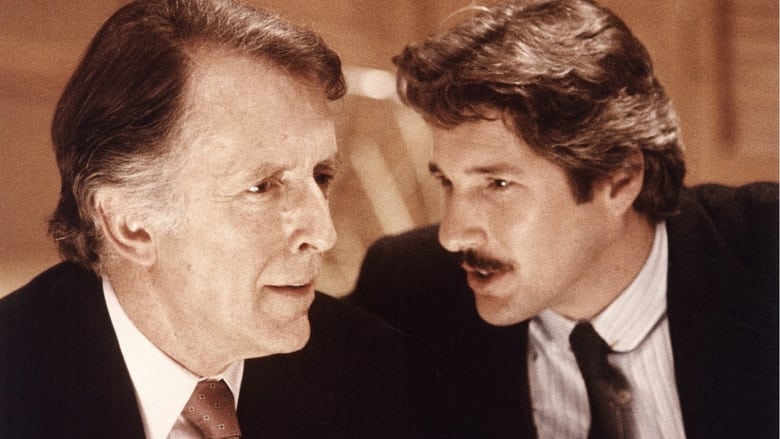
Power (1986)
Pete St. John is a powerful and successful political consultant, with clients spread around the country. When his long-time friend and client Ohio senator Sam Hastings decides to quit politics, he is rapidly drafted to help with the campaign of the man destined to succeed him, unknown and mysterious businessman Jerome Cade...
Watch Trailer
Cast
Similar titles
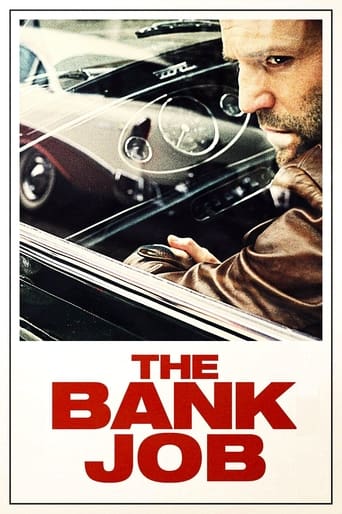
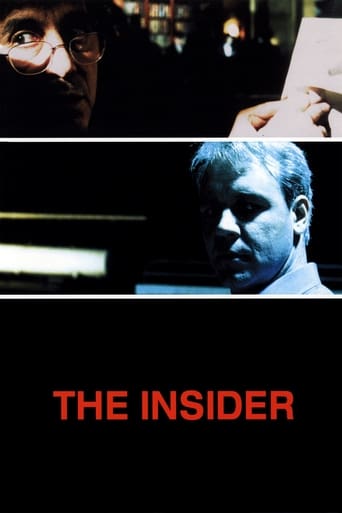

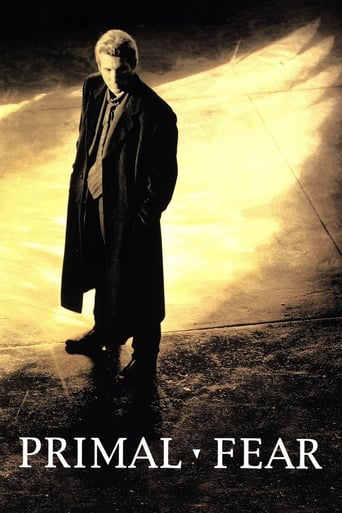
Reviews
Touches You
Must See Movie...
Fun premise, good actors, bad writing. This film seemed to have potential at the beginning but it quickly devolves into a trite action film. Ultimately it's very boring.
A movie that not only functions as a solid scarefest but a razor-sharp satire.
The main character in "Power" is Pete St. John, a highly successful media consultant. Pete is to the world of politics what a public relations consultant would be to the world of business. His job is to advise candidates for political office on the best way in which to present themselves to the media and to the electorate. The film focuses on four of Pete's clients- Roberto Cepeda, running for the Presidency of an unnamed Latin-American country, Wallace Furman, running for the Governorship of New Mexico, Andrea Stannard, the incumbent Governor of Washington State, and Jerome Cade, running for the Senate in Ohio. We are supposed to accept Pete as a ruthless and cynical individual, and he is certainly prepared to act for anyone regardless of their political beliefs. His four clients are, politically speaking, very different. Cepeda is a left-wing populist, Cade a right-wing businessman with ties to the oil industry, Stannard a social liberal and Furman another businessman but a man with few political ideas even though he is anxious for a political career. Cade is hoping to win the Senate seat being vacated by Sam Hastings, who is not merely a former client of Pete's but also a personal friend. Hastings holds environmentalist views which are diametrically opposed to Cade's pro-business opinions, and Pete suspects that his friend may have come under pressure to stand down from the Senate. Pete is forced to take a hard look at himself and to decide whether (as his ex-wife Ellen and his former partner Wilfred believe) he owes his success to a lack of principles. The film came out in 1986, a time when America was just starting to recover from the trauma of the Watergate scandal of the previous decade. Although many (principally Republicans) believed that Ronald Reagan, who had just won his second successive landslide victory, had restored the American people's faith in their political system, there were many others (not only Democrats but also many foreign observers) who felt that the American people had been the victims of a gigantic political con-trick, that they had been induced to vote for Reagan by a slick political marketing campaign. A film about a slick political marketing man therefore seemed very topical in the mid-eighties. The film was directed by Sidney Lumet, and could have been an opportunity to do for the American political system what Lumet had done for the American media in the brilliantly satirical "Network" around a decade earlier. Unfortunately, it never really works in the same way as "Network" had done, for a number of reasons. The first is the acting. "Network" had at its centre a towering performance from Peter Finch, well-supported by excellent contributions from William Holden and Faye Dunaway. There is nothing really comparable in "Power". Although Richard Gere is good in the earlier part of the film as the unscrupulous smooth operator, he seems less convincing later on when Pete rediscovers his principles. The supporting actors are not very memorable; there are some big names in the cast, but Julie Christie as Ellen, Gene Hackman as Wilfred and E. G. Marshall as Sam have all done much better things than this. Perhaps the best is Denzel Washington as Arnold Billing, Cade's ruthless public relations man. The second reason for the film's relative lack of success is that it never actually succeeds in convincing us that Pete really is all that unprincipled. He may not care very much whether his clients come from the left or right of the ideological spectrum, but we never actually see him do anything unethical until, ironically, after his supposed "conversion" when he supplies confidential information to his client's opponent. We see commercials he makes in support of Furman and Stannard, but both are very mild and defensive in tone. A really unscrupulous politician like Richard Nixon, notorious for his use of "dirty tricks" against opponents, would have sacked Pete from his campaign team for being a pussy. The third reason is that there are too many competing story lines. It would have made for a more dramatic and powerful film if Lumet and the scriptwriter David Himmelstein had concentrated on just one, preferably the Senatorial race in Ohio, which is the most important and most potentially interesting of the four stories. The Latin American storyline seems to be dropped quite early on- we never learn whether Cepeda becomes President of his country- but the Ohio story is continually interrupted as Pete jets off to Seattle or Santa Fe."Power" is not altogether a bad film. The problem is that it could have been so much better. The idea of a film examining political corruption, not just the corruption of those who seek to wield power through holding political office but also the corruption of those who seek to wield power by influencing public opinion, was a good one. It could have been the occasion for a brilliant film. Unfortunately, "Power" tries to be that film but falls some way short of what it could have been. 6/10
Richard Gere, in hypomanic mode, runs a PR firm and his job is to shape up political candidates, regardless of their party affiliation or policies, so that they win office. He makes a good deal of money doing it. If his clients object to his taking over their lives and turning them into phonies, his response is, "After you're elected you can do whatever your heart tells you to do, but you have to get there first." Good, sound, pragmatic advice.The film actually fits into a minor genre -- one in which a politician must learn all about what sociologists call "the presentation of self." It's the difference between perception and substance. Of course we all do it every day. It's essential that we slant our behavior in ways suitable to our audience. None of us talks to the boss the same way we talk to our spouses or our children. But it's particularly tough on politicians because they're cast as role models. The audience they have to satisfy is a great BIG one and often unforgiving.Anyway, Gere pursues his job with zeal. He loves it. He carries around a set of drum sticks and when he's relaxing he taps out some uptempo paradiddles from Benny Goodman's uptempo jazz recordings. That, I would guess, is one of the contributions of the director, Sidney Lumet, and he makes good use of that little bit of business. When Gere is finally confronted by the manager of one of his candidates and told frankly how rotten their jobs really are, Gere is later seen turning uncharacteristically pensive. He still holds the two drum sticks, but he's not tapping out a fast tune in in his head. The sticks are pressed against his cheek.But it's not an especially believable moment because the revelation -- from an almost unrecognizably youthful Denzel Washington -- should never have come as a big surprise to him. If he hasn't realized before that he has the methods and scruples of a Frito salesman he's pretty dumb.The script itself lets the movie down a bit, for a couple of reasons. The two principle weaknesses, so it seems, are that it treats the manipulation of politicians' images as revelatory. Gere advises a candidate for governor of New Mexico to shed his dark blue suit and tie and adopt a cowboy outfit and to forget about long-term goals and just spout inanities about "America's spirit" and "the freedoms we hold dear" -- and this is supposed to surprise us? US? Now? In 2011? It was all done better in "The Candidate" and in "A Face In The Crowd," years earlier.The other major weakness in the script is that it's confusing. We see Gere handling so many candidates -- and confronting rival candidates and their managers -- and dealing with Gene Hackman as a drunken has-been -- that it's hard to keep all the threads straight. Sometimes I didn't know who was who. It would have enhanced the drama if the script had stuck with just one or two candidates and their minions.It's not a stupid movie though. It doesn't take sides. It doesn't insult our intelligence -- well, not much, anyway -- although it lacks sophistication. Lumet has directed it efficiently and the performances are all up to par, although the movie as a whole belongs strictly to Richard Gere. I suppose there really are characters like Gere's, dashing around in airplanes from city to city, jitterbug music whirling around in their heads, women falling at their feet, the shekels rolling in, ordering millionaires around. But I don't know why they don't stroke out after a year or so of this frenzied life style. I had to do a double Xanax just watching it.
Power was at first a dauntingly big movie to take in. Looking at it from the perspective of the lead character played by Gere (Pete St John) ... what you'll see here is a man working like a dog trying to promote a range of political candidates all over a big country. On the surface it looks like he's working only for the money. But as you dig deeper, he actually is very carefull about his work. I felt the movie was very accurate in showing us what happens in a major league PR Firm. And as it turns out the side comments Pete St John makes (Gere) and his staff show the true challenges their job entails. It's both educational and accurate. I liked the movie a lot. It has inspired me to work in the PR field. And I recommend anyone to watch it and learn from it.
The main problem with "Power" is that it features way too may pointless characters and subplots that add absolutely nothing to the movie whatsoever. It gets boring after awhile, sitting around waiting through scenes that don't connect to find something that drives the movie forward. You could probably pass it all off as character development, but all of them are either recycled from earlier scenes in the movie, or are just simply to flat and uninteresting. Lumet never gives enough time to let any of the supporting cast blossom. He should have cut a few of the characters (hackman, the wife) and concentrated harder on others (Billings). It could have been a great, hard political thriller instead of a jumbled mess that loses any message in a sea of bad writing and acting, a fact that amazed me considering the cast. Even Gene Hackman performance wasn't up to par. Denzel Washington is the only real actor of note here. Gere and the others have all done much better performances elsewhere. Sidney Lumet needs to go back to the fierce one man shows he did in the seventies (i.e, Serpico) and stop trying to recapture his success with "12 Angry Men" and "Fail Safe". It hasn't worked yet Sidney, and it most likely never will. leave the ensemble dramas to Altman. 3/10* / * * * *
